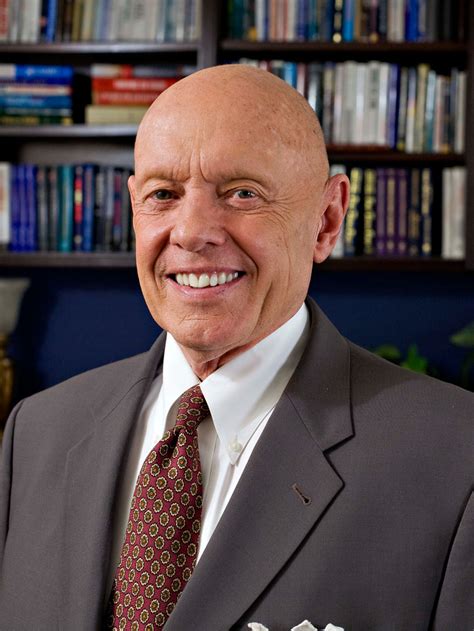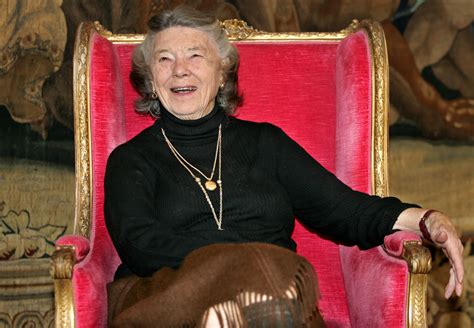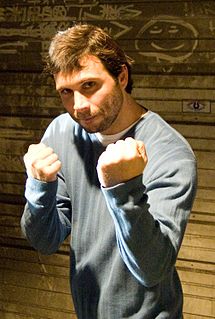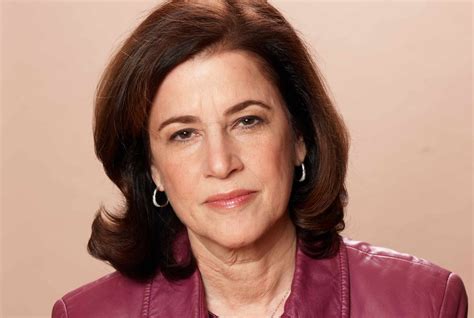A Quote by Sean Covey
I think the greatest challenge between child and parent is communication.
Related Quotes
Prayer has been hedged about with too many man-made rules. I am convinced that God has intended prayer to be as simple and natural, and as constant a part of our spiritual life, as the intercourse between child and parent in the home. And as a large part of that intercourse between child and parent is simply asking and receiving, just so is it with us and our Heavenly Parent.
A conscious parent is not one who seeks to fix her child or seek to produce or create the 'perfect' child. This is not about perfection. The conscious parent understands that is journey has been undertaken, this child has been called forth to 'raise the parent' itself. To show the parent where the parent has yet to grow. This is why we call our children into our lives.
Compared to other parents, remarried parents seem more desirous of their child's approval, more alert to the child's emotional state, and more sensitive in their parent-child relations. Perhaps this is the result of heightened empathy for the child's suffering, perhaps it is a guilt reaction; in either case, it gives the child a potent weapon--the power to disrupt the new household and come between parent and the new spouse.
I do think that the badmouthing and alienating of a child from a parent is one of the few unforgivable sins. I do think those people will have to answer to God who will say, “You allowed your anger to destroy the relationship of your child to the other parent? Isn't that why I gave you a conscience?
Without a sense of the shame or guilt of his or her action, the child will only be hardened in rebellion by physical punishment. Shame (and praise) help the child to internalize the parent's judgment. It impresses upon the child that the parent is not only more powerful but also right. Like the Puritans, Locke (in 1690), wanted the child to adopt the parent's moral position, rather than simply bow to superior strength or social pressure.
The traditional paradigm of parenting has been very hierarchical, the parent knows best and very top down. Conscious parenting topples [this paradigm] on its head and creates this mutuality, this circularity where both parent and child serve each other and where in fact, perhaps, the child could be even more of a guru for the parent .... teaching the parent how the parent needs to grow, teaching the parent how to enter the present moment like only children know how to do.


































